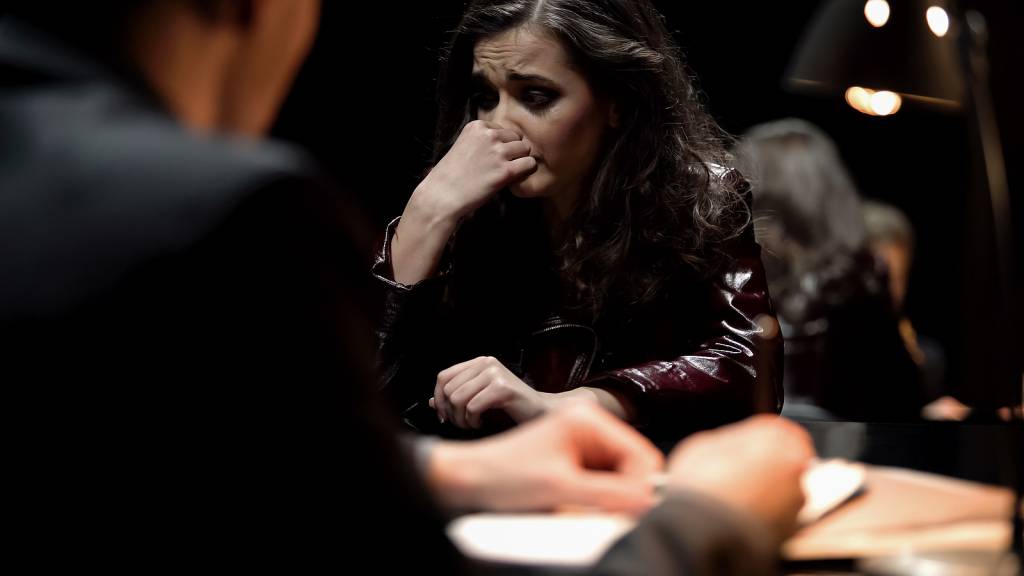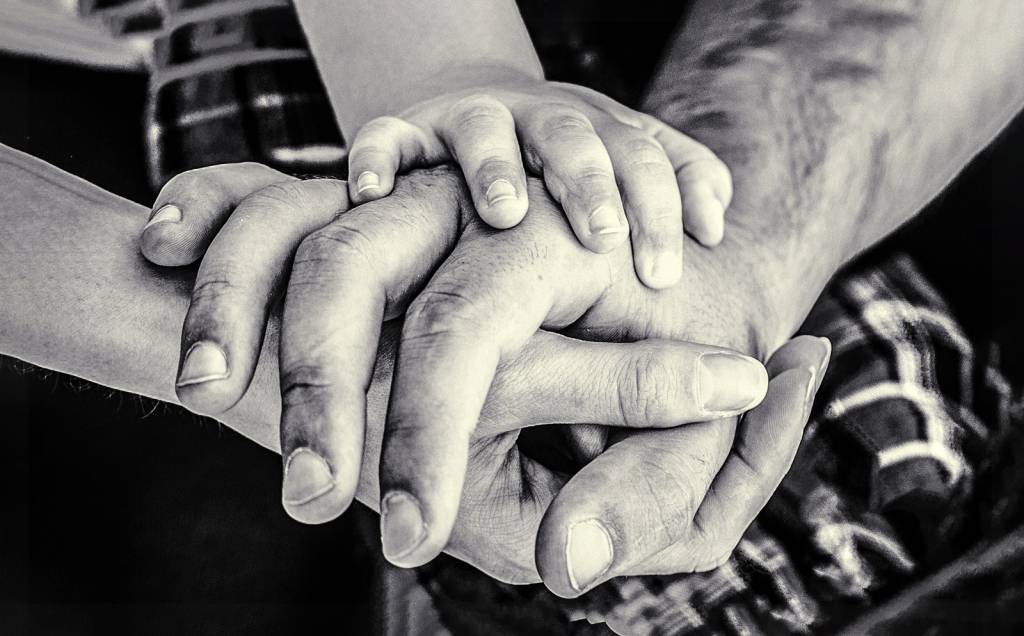Some people argue that the three strikes law contravenes the provisions of the Eighth Amendment. However, it has been adopted in many states, including California. The initial enactment was in 1994, and an amendment followed 18 years later.
The law was in response to the tragic murders of Polly Klaas and Kimber Reynolds and was intended to discourage similar acts. But Proposition 36 was passed to fix its shortcomings and protect citizens from the unfairness of the initial provisions. A skilled Los Angeles criminal defense attorney can explain the three-strikes rule in detail and what it means for accused persons.
What Amendments Has California Made to the Three Strikes Law Since Enactment?
Initially, anyone convicted of any second felony got double the required sentence in California. And people convicted for any felony for the third or more times would get 25 years to life imprisonment. But in 2012, the original law was slightly amended in the following ways:
- Only serious and violent felonies were subject to the three-strikes law
- People serving a third strike sentence under the previous law can petition for a reduction

Always make sure that the criminal defense attorney you choose to represent you understands the new law. Whether it is your second or third felony, or a loved one is in prison under the previous provisions, you can explore your legal options.
What Crimes are Subject to the Three Strikes Law?
Knowing whether the offense you have been charged with is a strikes offense or not helps to prepare for what’s to come. An experienced violent crime lawyer in Los Angeles can explain the serious felonies in Los Angeles, which include:
- Sale of drugs to a minor
- Grand theft while armed
- Robbery
- First-degree burglary
Any felony involving directly inflicting great bodily injury or using a firearm
Violent felonies, on the other hand, might include:
- Extortion
- Carjacking
- Kidnapping
- Arson
- Sodomy or oral copulation using force
- Rape
- Voluntary manslaughter or murder
Note that some juvenile offenses are also subject to the three-strikes law. However, the minor should be 16 years and above for their offense to be considered a strikes offense. Also, note that out-of-state crimes can be regarded as prior strikes if it meets California’s definition of a serious or violent offense. What’s more, you can get two or more strikes in a single court proceeding.
What Happens to Third Strikers in Los Angeles?
If your first, second, and third felonies are all serious or violent, the current sentence is likely to be life or 25 years in prison. But if the first two are violent or serious offenses, but the current one is not, the sentencing might be different. The judge could only double the number of years usually awarded for the crime.
However, some exceptions could attract life imprisonment or 25 years, even when the third offense isn’t serious or violent. This can happen when:
- Your intention for committing the third offense was to cause great bodily injury
- You were armed while committing the third offense
- The third offense requires the defendant to register as a sex offender
- The third offense involves a certain amount of heroin, methamphetamine, cocaine, or other related drugs
Speak to a violent crimes lawyer in Los Angeles if uncertain about what might happen in your circumstances. They could use their experience to advise on the possibilities and forge ways to better the outcomes.
What Happens to Second Strikers in L.A.?
While the penalties are quite serious, second strikers don’t have to worry about life imprisonment or 25 years in confinement. Instead, the maximum sentence for the second crime might be doubled. It might not be as prolonged as what third strikers get, but it can still be life-changing.

Therefore, if your first offense was serious or violent, it is imperative to still avoid a second felony conviction. A legal expert will do their best to get you an acquittal, dismissal, or reduced charge in California. Note that defense options are more diverse earlier into a case, and reduce as time goes by.
Are Strike Offenders Entitled to Custody Credits?
All prisoners in California earn credits for good behavior. These credits offer a chance for one to get released before completing the awarded sentence. However, the three-strikes law has different requirements for convicts in Los Angeles.
Other prisoners are eligible for release after serving at least half of their sentences. On the other hand, second and third strikers have to serve at least 80% of the prison time to apply for release based on good behavior. But if the felony is a violent crime, the threshold is raised to serving at least 85% of the sentence.
How Best Can I Fight a Three Strikes Sentence in Los Angeles?
Accused persons can avoid the consequences of the three-strikes law in several ways. A violent crime lawyer in Los Angeles can fight and negotiate for the charges to be reduced from a felony to a misdemeanor. Misdemeanors aren’t subject to the three-strikes law and can be a life-changer when you are on the verge of adding strikes to your record.

You can also ask a judge to remove a prior strike from your record through a Romero motion. Notably, the motion can only be brought up to the sentence hearing stage of the case. If successful, the previous felony conviction might not be used to enhance the current one. Just make sure you explore this alternative on time to get reduced sentences in Los Angeles.
Attorneys Using Their Experience to Fight for Your Rights
The three-strikes law can leave accused persons spending most, if not the rest of their lives, behind bars. The requirements are quite complex and can get you off-guard if you have no legal experience. But if a seasoned attorney represents you, you can be assured that your rights will be safeguarded.
Our lawyers can bring your case to the best possible conclusion. Speak to us today to find out how you can better your outcomes.









